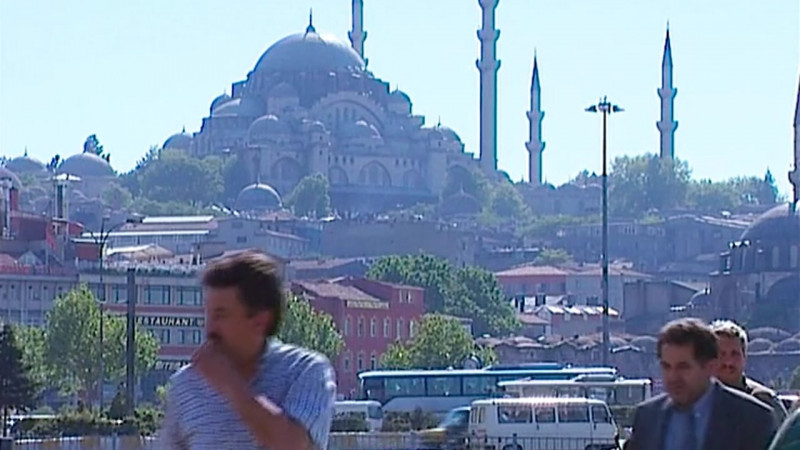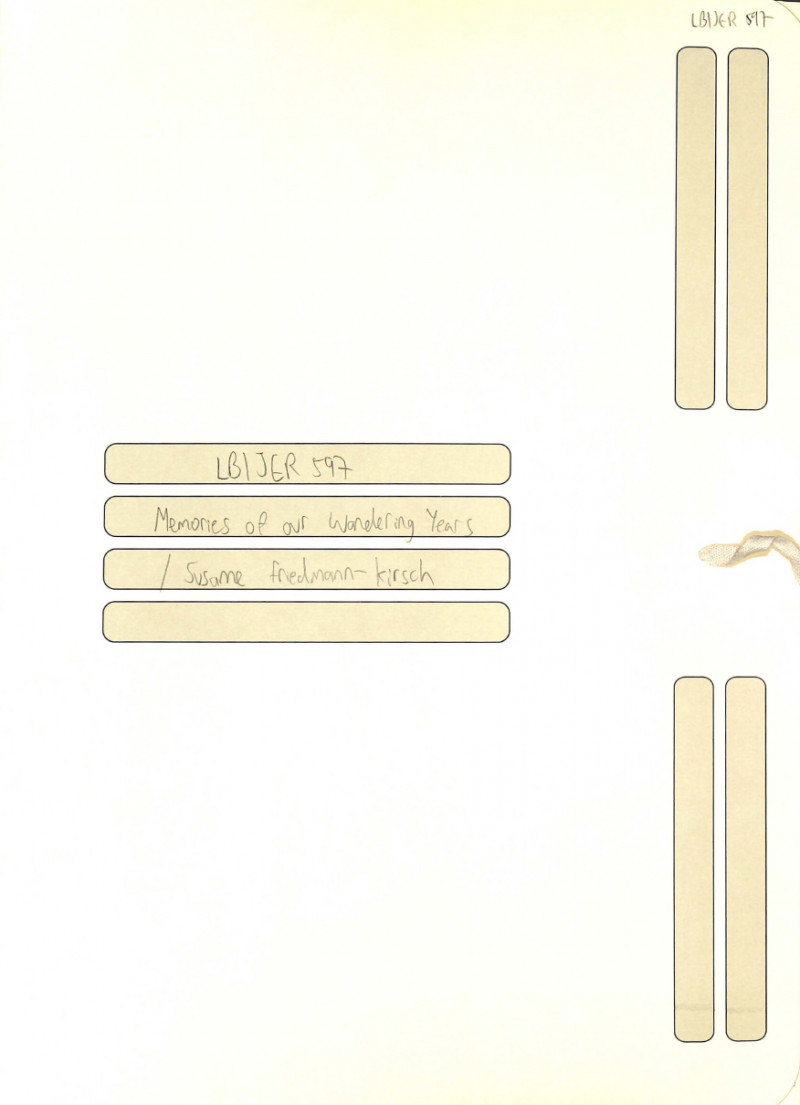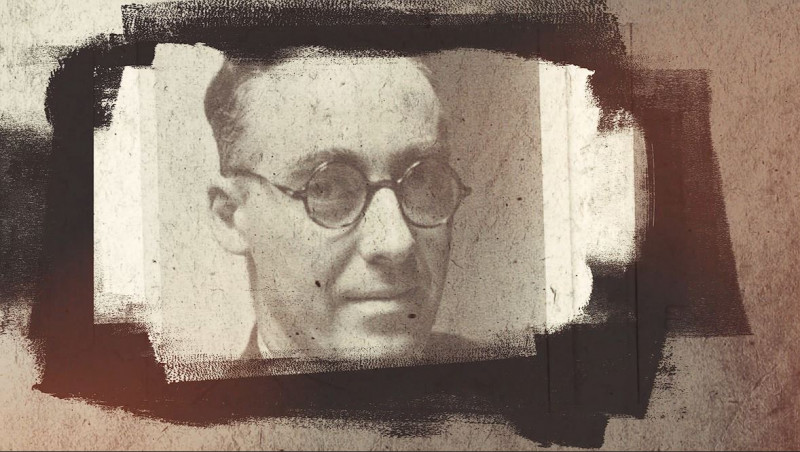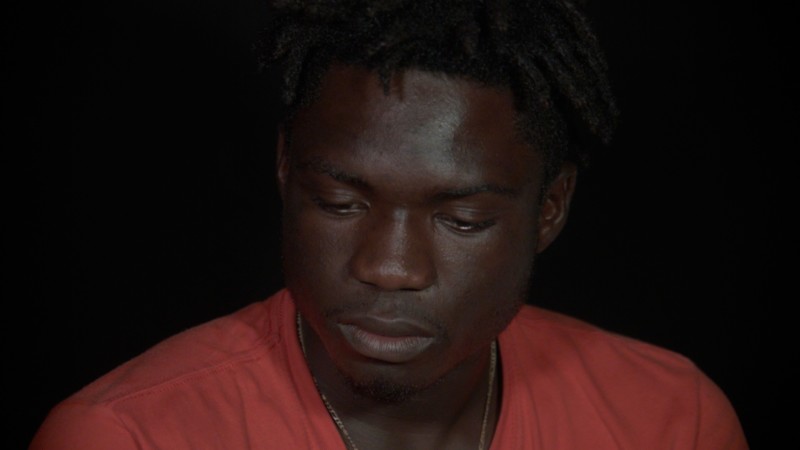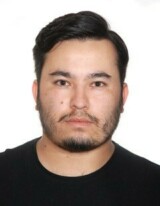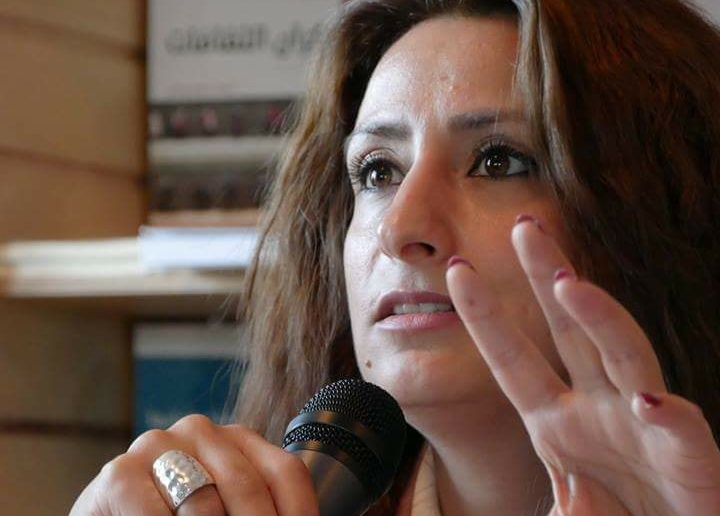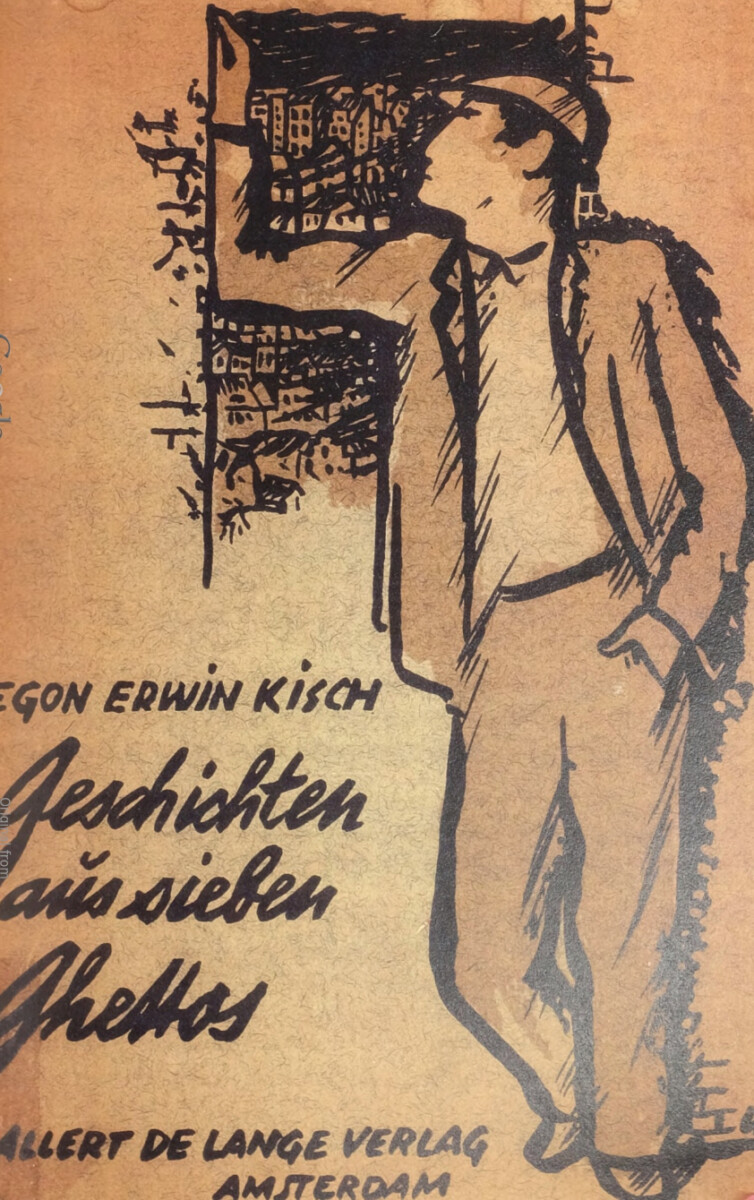[page 27]
We crossed the Bosporus by ferry the last time and took a train through most of Anatolia to a small town, called Mersin, near the northeast corner of the Mediterranean, across from Cyprus. The train trip took about 24 hours. Once every two or three weeks an Egyptian freighter went from Mersin to Alexandria via haifa. When we arrived in Mersin the freighter was in the harbor. Although we had cabin accommodations for the next freighter, when Father saw that one was still in the harbor, he arranged for us to be deck passengers. The reason was that he was afraid of the Turkish police and wanted to get out of Turkey as fast as possible. The trip took only 24 hours, so we slept on deck chairs. The ship was full of Polish and Czech soldiers coming from the Soviet Union to join the Polish and Czech armies in the Middle East under British command. The rest of the passengers were Turks and Arabs. We left Mersin in the evening and after a rather restless night on deck we reached Alexandrette, exactly in the northeast corner of the Mediterranean. The freighter anchored outside the harbor. [page 28] Many soldiers and I dove off the ship to swim in the clear blue-green bay. We had a marvelous swim, but shortly after the last swimmer had climbed aboard, we watched in horror as sharks circled the ship.
On May 1, 1941, we docked in the harbor of Haifa, Palestine. Palestine had been a British Mandate since World War I. Under Arab pressure Britain allowed immigration only to a minuscule number of Jews. But Jews arrived illegally on boats. When the British Navy intercepted such boats, the Jews were either interned in camps in Palestine or taken to Mauritius, an island in the Indian Ocean. Thus, Jews were boat people before that description was invented for Vietnamese refugees.
As soon as we had docked the British boarded for passport control. Slowly the ship emptied but we, a few soldiers, and some civilians were not allowed off. Father, realizing that we were in trouble, threw a package of letters from his parents in Vienna overboard. he did not want the British police to find them on him. But the package was fished out by an Arab fisherman who promptly turned it over to the police. My brother, who was then on a kibbutz near Tel-Aviv, tells me that he was ordered to appear at C.I.D. headquarters in Jerusalem (C.I.D. stands for Criminal Investigation Department) and asked to explain the letters. The C.I.D. headquarters was only satisfied when he returned with an old letter of his grandparents to compare handwriting, whereupon the letters my father had thrown overboard were returned to my brother.
Eventually a group of us was marched off the ship under police escort to an armored troop carrier and driven to the downtown [page 29] prison. At first I was amused. But then Mother and I were led into the women’s compound which consisted of a yard, across which a washline with the white uniform of the commandant and a huge unbaked pita were strung. One huge cell held straw mats, two Turkish toilets, one water faucet, and lots of Arabs, mostly Bedouin prisoners. I burst into tears. It was quite a culture shock to say the least.
It was May first, and two young communist Jewish women were imprisoned for precautionary reasons. Since they spoke Yiddish, we could communicate after a fashion and it was they who introduced us to our new environment. They told us that most of the Bedouin women had murdered their husbands, probably for good reasons. The Jewish women and the Bedouin women were very nice to us.
Father was taken into the male part of the prison, which was much bigger and more crowded. The British Commandant of the prison seemed quite embarrassed and friendly and asked what he could do for us. I wanted to have access to our luggage to be able to change from my dress into shorts so that I could sit on the floor. The Commandant granted the request. I never could squat like the Arabs. Slowly I calmed down. The gate to our compound opened again and a young well-dressed Polish women, who had been on the freighter, was ushered in. When I saw her burst into tears, I suddenly found the whole affair funny again.
The following morning, Mother, I, our luggage, and my turtle in its shoebox were led to a police van under guard and driven to Atlit, a big camp for illegal immigrants. I tried to make conversation with the Arab policeman, but he did not answer. As we learned [page 30] later, Father was taken the same day to the fortress in Acre and later to a camp outside the fortress. Father’s cellmate in the fortress was an Arab, Abdul Kadar, who was fluent in German. Many Arabs were sympathetic to the Germans. Abdul Kadar was probably one of them and this would explain his incarceration. (I had learned about the fortress in Acre in elementary school in Vienna when we studied the Crusades.) In later years father loved telling stories about his internment, which he seemed to have enjoyed. Most of his camp mates were soldiers from Poland and Czechoslovakia and much younger than he. (The soldiers were interned under suspicion of being Communist agitators.) It must have reminded father of his days in the army during World War I, which he also enjoyed.
Atlit was divided in half by a road. On one side were women and children, on the other men. A few hours a day the gates between the two parts were opened so that families could get together. But we children found plenty of holes in the fences and went wherever we pleased while the British soldiers and policemen looked the other way. We were housed in 40-cot barracks, but the one assigned to us was half-empty. Each barrack had a roster of who was on duty to clean and bring food from the central kitchen. The camp inmates were predominantly German-speaking refugees from Germany, Austria, and Czechoslovakia. Lots of children spoke my language, an experience I had not had in a long time. In the morning I want to school run by inmates, and in the afternoon I played and had a very good time. Even my turtle had a good time. The children had a fenced-in turtle area and when I released mine [page 31] to join the others, the sex-starved male went absolutely wild, attacking all the females, much to the amusement of the spectators.
Unfortunately I came down with typhoid fever soon after our arrival. I ran a very high fever in the barracks and after a few days was transferred to the camp hospital, run by Jewish doctors and nurses from outside the camp. My case was mild, probably because I received three anti-typhoid shots before we left Istanbul. Mother knew that I was scared of typhoid, and I was not told what I had. I was in a room with five others, slightly older, girls and I must have been very unobservant not to recognize my illness. There was an epidemic in the camp, and three young men died while I was in the hospital. Patients were given oily liquids and we were always hungry, so we talked mostly about food.
I was the only Austrian in the room. It was at that time that I found out how different German German is from Austrian German when it comes to food. Mother smuggled herself into the hospital part of the camp every day to visit me. She got into trouble every time she was caught because the authorities were afraid of spreading the epidemic. Gerhard, my brother, received permission to visit Atlit. He too did not know I had typhoid fever and somehow got into the hospital grounds and visited me. Since we had not seen each other in over two years we kissed and hugged until a horrified nurse dragged him out. Luckily he did not get sick.
After two weeks mother stopped visiting and when I asked why, I was told that she had been transferred to another camp where I would join her later. This turned out to be a lie. I had been without fever, but when I heard that she had been transferred, it [page 32] upset me so much that the fever returned. Eventually I was dismissed from the hospital and returned to the barracks. I was informed that I would not join mother in a women’s prison in Bethlehem. I was very weak, having lost a lot of weight and grown during my illness. Everyone in the barracks was very nice to me, and my friends took over my duties. Soon after, the British slowly released illegal immigrants, and many of my friends left for Youth Aliya schools. Youth Aliya was founded by an American women, Henrietta Szold, and was meant to bring children from Europe without their parents. Since none of the parents in camp had money or knew what they were going to do, the camp children were taken to such schools.
Gerhard, through Youth Aliya officials who were kibbutz members, obtained my release too. I needed still more recuperation. Gerhard came to fetch me, and most of my luggage. Mother had taken very little to the prison. It was arranged that I and my turtle would board with a widow and her son who was my age, not far from Gerhard’s kibbutz in Raanana. I ate and slept a lot, and Gerhard visited me or I him every day. I also visited Tel-Aviv to see many old Viennese friends. After four weeks I was strong enough to join my Atlit friends in a school in Jerusalem. Before I left I released my turtle.
Once in Jerusalem, I applied to the C.I.D. for permission to visit mother in prison, located in an old mansion of a house. Mother was with European women, so-called political prisoners, separated from the Arab criminals, who had to work. There were times during the day when political prisoners and criminal prisoners could mingle. Again, my mother found the Arab women very nice. [page 33] They shared the food their families brought, which was so much better than the prison fare. Since mother had to leave behind most of the luggage when she was tranferred to Atlit, I was allowed to bring her some clothing. Every time I went to visit I had to go to the C.I.D. and wait and answer a lot of questions before permission was granted. I visited mother three times before she and father were called before an Advisory Board which heard their case. It was the first opportunity my parents had to see each other again. Father gathered from the question they were asked that the same Austrians in Istanbul had again denounced him as a spy. I do not remember exactly when my parents were released, but I think it was about four months after our arrival in Palestine. Since I had not seen father in all that time, I got permission to leave school and go to Tel-Aviv to be with my parents.
My parents rented a tiny old three-room house which became my new home base. With two other people father started a dress business. I stayed two years in boarding school with frequent visits home.
